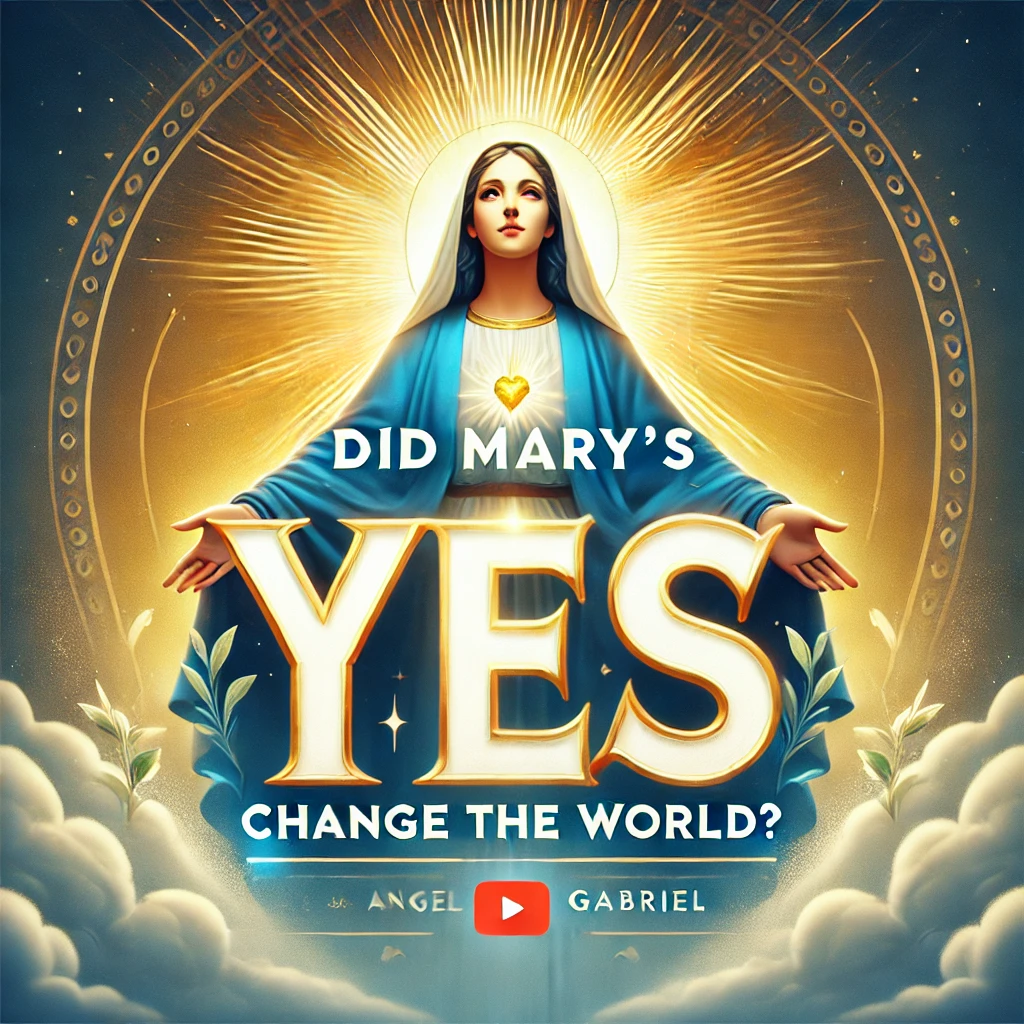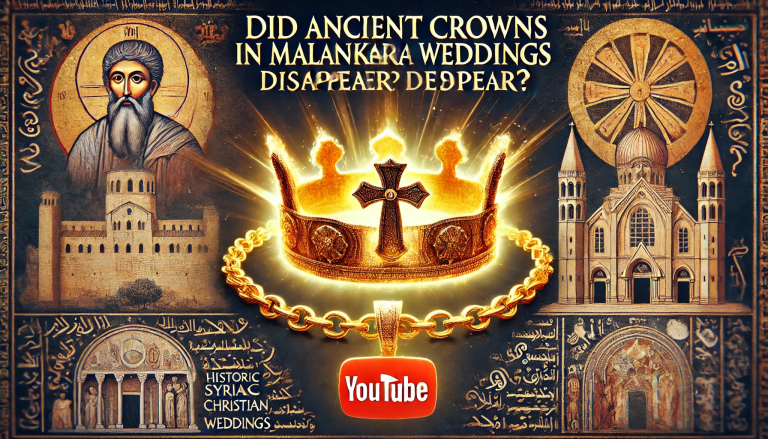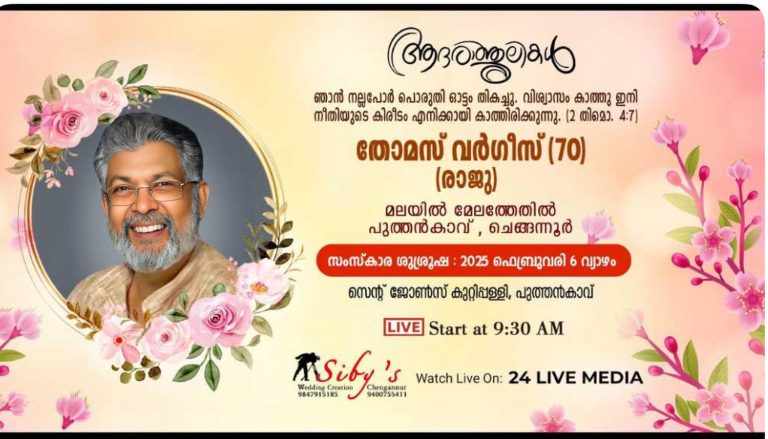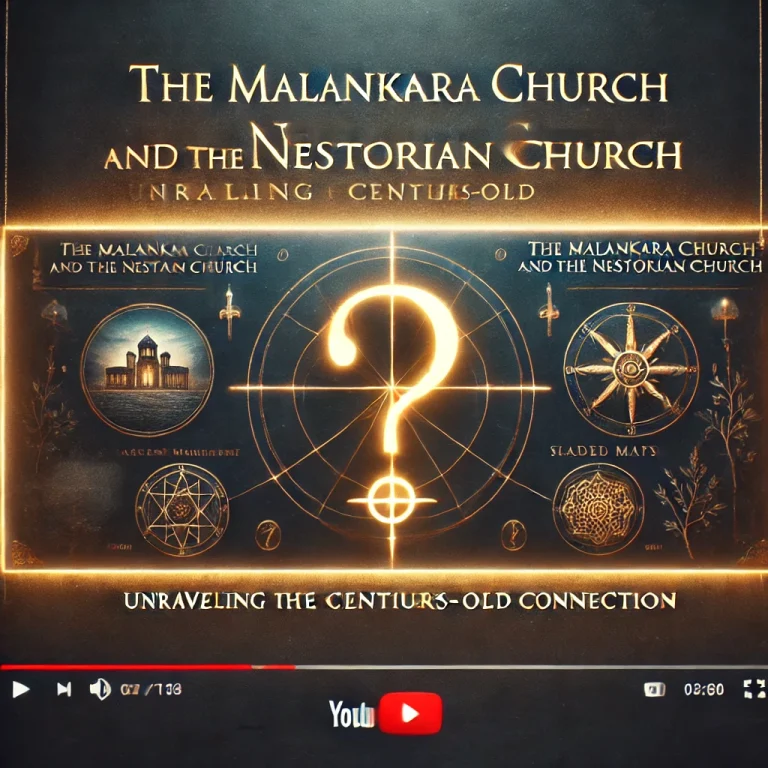Did Mary’s ‘Yes’ Change the World? Discover Her Role in the Incarnation and What It Means for You!”

Fr.Johnson Punchakonam
Introduction
Welcome, everyone! Today, we’re diving into the incredible story of the Virgin Mary’s role in the Incarnation of Christ. Have you ever wondered why Mary is so central in Orthodox theology? Her story is more than history—it’s a guide for how we can live faithfully and courageously today. Let’s explore how Mary’s “yes” to God changed the world and how her obedience is a model for all of us.
Mary’s Faithful Response: Perfect Obedience
1. Mary as the New Eve
Did you know the Church Fathers call Mary the “New Eve”? Here’s why:
- Eve’s disobedience in the Garden of Eden brought sin and separation from God into the world.
- Mary’s obedience reversed this pattern, paving the way for salvation through Jesus Christ.
When Eve said “no” to God, she chose her own way. But Mary said “yes” when the Archangel Gabriel appeared, saying, “Let it be to me according to your word” (Luke 1:38). Her obedience opened the door for the Savior to enter the world.
2. Theophylact’s Reflection
One of the early Church Fathers, Theophylact, described Mary’s attitude beautifully: “I am a tablet; let the Writer write whatever He desires on it.”
- Think about that! Mary completely surrendered herself to God’s will, like a blank slate ready for Him to create His masterpiece. This humility and trust are what make her the ultimate example of faith.
3. Synergy: God and Humanity Working Together
Orthodox theology teaches synergy, which means God’s action and human response work together.
- God initiated the Incarnation, but He didn’t force it. Mary’s “yes” was essential.
- This shows us that God values our freedom and wants us to willingly cooperate with Him.
The Incarnation: God and Humanity United
1. God’s Initiative
The Incarnation—the moment Jesus became fully human while remaining fully God—is the central event in history. It was God’s plan to save humanity, but it required a human partner. That partner was Mary.
2. Mary’s Role
Mary wasn’t just a passive participant. She:
- Embraced her role with courage, even though it meant potential judgment and hardship.
- Trusted God completely, even when she couldn’t see the full picture of His plan.
Her words, “Let it be to me according to your word” (Luke 1:38), are a perfect example of trusting God’s will over our fears.
3. Why Mary Matters
When Mary said “yes,” she became the Theotokos, the “God-bearer.”
- This title emphasizes her unique role in bringing Christ into the world.
- Mary’s obedience makes her the first and greatest Christian and a model for discipleship.
Mary as a Model of Faith
1. Obedience Over Rebellion
Mary shows us that obedience to God is the path to true freedom.
- Eve rejected God’s command, leading to separation from Him.
- Mary embraced God’s will, leading to salvation for all humanity.
This contrast teaches us that saying “yes” to God—even when it’s hard—brings life and hope.
2. A Template for Believers
Mary’s response to God is a template for how we should live.
- Just like Mary, we are called to offer ourselves fully to God.
- Even when we don’t understand His plan, we can trust that He is writing something beautiful in our lives.
What Does This Mean for Us Today?
1. Restoration of Humanity
Mary’s “yes” healed the broken relationship between God and humanity. Her role in the Incarnation reminds us that through Christ, our nature can be restored.
2. The Dignity of Free Will
Mary’s story shows that God respects our freedom. He doesn’t force His will on us. Instead, He invites us to participate in His work.
- Mary’s willingness to cooperate with God is a reminder that our choices matter.
- God wants a relationship with us based on love, not control.
Practical Lessons for Us
- Be Open to God’s Will
- Like Mary, say, “Let it be to me according to Your word.” Trust that God’s plan is greater than your own.
- Live with Humility
- Mary saw herself as a servant of the Lord. How can we live with the same humility, ready to serve God and others?
- Courageously Follow God
- Mary’s “yes” wasn’t easy. It meant risking her reputation and facing an uncertain future. But she trusted God’s promise.
- When God calls you to something challenging, remember Mary’s example and step out in faith.
Reflections from the Church Fathers
- St. John Chrysostom
- St. John Chrysostom reminds us that Mary’s obedience wasn’t automatic. She chose to trust God fully. This teaches us that obedience requires courage and commitment.
- St. Cyril of Jerusalem
- Cyril highlights that Mary’s “yes” wasn’t just personal—it had cosmic significance. Her faith set the stage for the Kingdom of God to break into the world.
Discussion Questions
- How does Mary’s obedience inspire you in your own relationship with God?
- Are there areas in your life where you need to say “yes” to God, even if it feels uncertain or challenging?
- What does it mean to you to be a “tablet” for God’s writing?
Conclusion
Mary’s role in the Incarnation is a powerful example of faith, humility, and courage. She wasn’t just a passive figure in God’s plan—she actively participated by offering her “yes.” As Orthodox Christians, we are called to follow her example by trusting God, embracing His will, and reflecting His glory in our lives.
So, how will you respond when God calls? Will you, like Mary, say, “Let it be to me according to Your word”? Let’s strive to live with the same faith and courage, knowing that God’s plan for us is greater than we can imagine.




